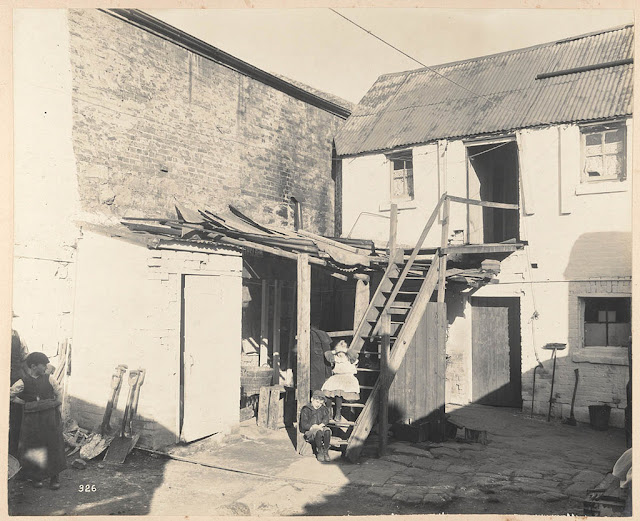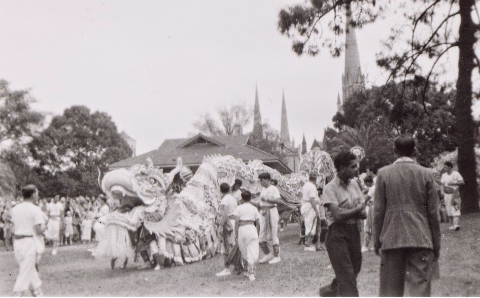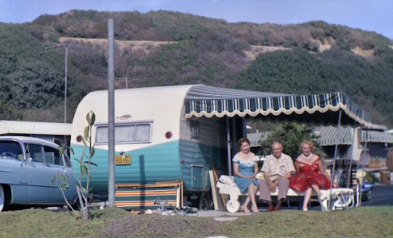Australia suffered greatly from the effects of bubonic plague in the first two decades of the 20th century. The Australian colonial government had been wary of plague arriving in Sydney via shipping trade routes since the 1894 outbreak in Hong Kong. When plague did reach Australia in 1900, the response was one of panic and dread, fuelled by the knowledge of the history and ravenous potential of the disease.
 |
| Kent-street |
Many medical practitioners and scientists still believed the disease was essentially a human infection and spread through human contact with the infected. However, health authorities were aware of the building evidence that plague epidemics were associated with an epizootic infection in rats and began to incorporate preventative strategies to prevent its entry through the ports.
Despite this effort, bubonic plague reared its ugly head in Sydney on 19 January 1900. Australia's first victim was Arthur Paine, a 33 year old delivery man whose daily work brought him into contact with Central Wharf. The diagnosis was made by Dr Sinclair Gillies, an honorary assistant physician at the Royal Prince Alfred Hospital.
 |
| Cleaning the streets |
 |
| Lane at side of 72 Sussex-street |
 |
| Batson's Lane, off Sussex-street |
 |
| No. 7 West-street, off Oxford-street |
 |
| Corner of Cumberland and Little Essex-streets |
 |
| Shed at rear of No. 310 Castlereagh-street |
 |
| At rear of Gloucester-street |
 |
| Barker-street |
 |
| Nos. 24, etc., Hunt-street |
 |
| No. 50 Wexford-street (rear), Chinese bedroom |
 |
| Stables in Stephen-street, at rear of No. 26 Wexford-street |
 |
| Exeter Place, off Wexford-street |
 |
| Cleaning the Wharves |
 |
| Rear of unidentified butcher's yard with adjacent outhouses |
 |
| No. 1 Victoria Place |
 |
| Professional Ratcatchers |
 |
| Sutton Forest Butchery. No. 761 George street |
 |
| No. 841 George-street (kitchen) |
(Photo by by John Degotardi Jr., via State Library of New South Wales)


-1708090954.jpg)
